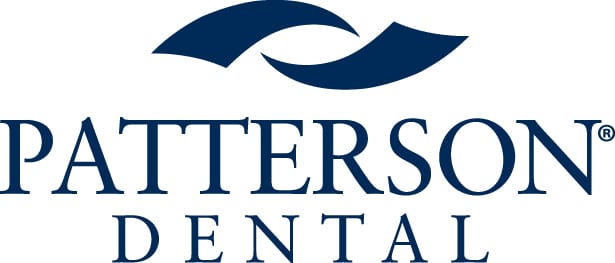By: Bruce Bryen
The good, the bad, and the ugly when joining a DSO as an associate dentist.
As if an opportunity for employment as an associate dentist is not scary enough for the young dental school graduate, now DSOs are actively pursuing them with some terrific offers of compensation and clinical opportunities.
They are also attempting to acquire profitable operating dental practices and to build up their dental practice gross revenue and geographic territorial footprint.
Acquisitions of existing profitable dental practices become a much quicker approach for expansion for the DSO than individually hiring personnel from dental schools or from “cherry-picking” associates from wherever they become available.
There are smaller DSOs that are now competing with the larger DSOs for activity in enhancing their image so that acquisitions are easier for them to attain as well.
The larger DSOs now have their sights set on becoming even larger or having the founders sell their interests and ride off into the sunset with a large amount of money or stock in the ongoing entity.
For those just getting out of dental school, the following offers some positives for the
young dental school graduate compared to going to work as an associate at another type of dental practice.
Advantages of Joining Dental Support Organizations (DSOs)
Opportunity for Advancement
As an associate dentist, the opportunity for advancement at the DSO is certainly available.
The DSO is gross revenue-driven so the more associates they employ it would seem that the better the chance for practice growth should be.
Reduced Administrative Responsibilities
The dental school graduate probably thought that the job at the DSO would be less aggravating than working for a solo or multi-owned dental practice with additional responsibilities at the typical dental practice.
Ensured Compliance with Reporting, Filing & Licenses
Since the thought was that the graduate would not have to be involved with the administrative responsibilities at the DSO as there were administrators who took charge of all the reporting and filing requirements necessary for the dental practice to maintain its licenses and to avoid penalties from
various agencies on the administrative side of the office.
This is compared to the smaller dental practice where the associate dentist wants or needs to learn all about the business side of the practice.
Significant Support in Handling Reporting & Payroll
Someone must be responsible for this or the dental practice would collapse. An example would be the preparation of the payroll to the filing of the necessary tax returns for the reporting of the payroll and the depositing of the payroll tax liability for the share of the employees as well as that of the dental practice.
The production reports, budgeting, and other various duties of the administrator would not be the responsibility of the newly hired associate since he or she would have been hired to see the patients and to be responsible for the clinical side of the practice only.
More Focused Work Day
The DSO is a dental practice that is split between the business side of the office and the clinical side.
The general dental practice consists of the dentists and owners, in charge of the clinical side of the office as well as the business side of the office.
For the associate, this is a much more comprehensive approach to learning which adds additional tension not found with the DSO as its request of the associate is to be a clinical producer without the onus of learning about the administration of the dental practice.
Compensation
Those graduates joining the DSO as an associate will see a very good starting compensation point for the clinical work they will be undertaking.
Disadvantages of Joining a DSO
No Opportunity to Learn the Admin Side of the Practice
The general dental practice offers a reasonable starting compensation but also offers the opportunity
to learn about the administrative side of the office as well.
Some general dental practices insist on the need for the associate to learn all about the dental office from the clinical side of the practice to the business end of the practice as well.
No Opportunity for Acquisition
The general dental practice is one in which an opportunity for an acquisition of a part or the whole may be purchased later after the experience has been gained.
It is an exit strategy for the current owner of the office if he or she wants it to be as a built-in buyer is available being the associate.
The DSO may offer a purchase option for its practice but at a much higher amount as time goes by and others have invested not only their time and skills but also their own money into the DSO practice.
The founders of the DSO are typically envious of what they have accomplished and the hard work, monetary investment, and the amount of time they have already invested and won’t give up an interest unless they have no alternative.
This is especially true of a well-run and well-capitalized DSO compared to a start-up DSO.
Should You Work for a DSO?
Joining a DSO will provide you with little to no responsibility for any of the business area needs that are required in a general dental office that is not a DSO. These chores will be managed by the nonclinical or administrative side of the DSO.
This point is one of the highlights and selling points of why an associate would join the DSO compared to the general dental practice which may have recruited him or her as well.
But, it’s really all about what the associate is thinking of for his or her future.
Do they want the hard work of learning about the full extent of operating a dental practice including the clinical and administrative side?
Are they more interested in the relative ease without administrative duties when joining the DSO and being responsible for the patients and other clinical duties associated with the practice without the need to be involved with the administrative side of the dental practice?
Photo by Andrea Piacquadio


